views
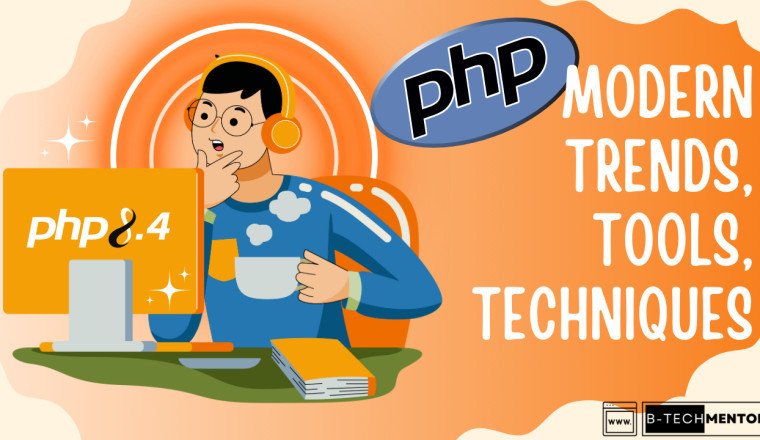
PHP from the Beginning and Its Development: A Brief Overview
PHP has a long history of development from a simple language for the generation of dynamic web pages. With the new version of PHP 8.x, the language has the following new features:
- Just-In-Time (JIT) Compilation: This feature therefore enhances efficiency by converting the PHP scripts into machine code during runtime. Applications that are computationally intensive such as those that involve data processing or graphics rendering are best suited by JIT.
- Named Arguments: It is now possible to provide names of arguments when calling functions so that code is easier to read and less likely to contain mistakes in complicated functions.
- Attributes (Annotations): These offer a means of associating meta-data with classes, methods, and properties of a class and can be useful in tasks like validation and serialization.
- Match Expressions: A less clunky version of switch statements, match expressions provide better readability and less code to write.
These features reflect the current direction of PHP as a language as it seeks to meet the demands of current applications as well as future ones.
Latest trends in the PHP Development
-
- Asynchronous Programming: So, PHP works in a synchronous request-response model and may become a bottleneck for those projects that have a lot of I/O operations. However, there are some libraries such as ReactPHP and frameworks like Swoole, which support asynchronous programming and thus allow the developers to deal with multiple requests at the same time. This is especially useful for applications that are active constantly, for example, chat systems, live notifications, and streaming services.
- Serverless PHP: With the advancement of serverless computing, new horizons have opened for PHP developers. It is possible to use PHP code with the help of services like AWS Lambda, Bref, and OpenWhisk without having to worry about servers. This model is economical and flexible and is best suited for apps with variable traffic.
- Microservices Architecture: The tendency to divide large applications into a set of small independent applications called microservices is now widely used, and PHP is not an exception. Some of the lightweight frameworks that are used in order to develop efficient microservices are Lumen and Slim PHP. This architecture increases the scalability, ease of maintenance, and faster deployment time.
- APIs are considered as First Class Citizens: RESTful as well as GraphQL API-focused frameworks are the recent trends and PHP has some of the best of them including Laravel and Symfony. There has been a growing demand for API-based apps as other mobile applications, SPAs, and IoT devices depend on back-end services.
Tools for PHP Developers
-
Frameworks: Frameworks eliminate the most unnecessary and time consuming tasks and thus help in faster and easier development. Some of the most well-known PHP frameworks are:
-
Laravel: By far the most popular framework, famous for its neat syntax and a vast number of packages, Laravel is suitable for the development of any web application.
-
Symfony: Enterprise level applications are well supported by this framework as it comes with features that include reusable components and has an active community.
-
CodeIgniter: It is light in weight and very fast and is suitable for small to medium size projects.
-
Package Managers: Composer is the standard package manager for PHP applications that manages dependencies, which means that one can easily add third-party libraries and tools without having to worry about their dependencies.
-
Testing Tools: It has been said that testing of applications is critical to the quality of the applications being developed. Some of the widely used PHP testing tools include:
- PHPStan: A static analysis tool that offers a way for developers to detect bugs and ensure code stability without running code.
-
PHPUnit: This is the most popular and standard tool for unit testing in PHP.
-
Pest: A new and improved, developer friendly testing framework.
-
Codeception: Best suited for functional, acceptance, and unit testing.
-
Performance Optimization Tools: It is therefore important to ensure that the performance of the application is monitored and optimized in order to enhance the scalability of the application. New Relic and Blackfire are some of the tools that assist the developers in finding out the weak points and enhancing the code execution.
Tips and tips in PHP Development: Best Practices and Techniques
- Security First: Security of the PHP applications is a concern since they are widely used; the following are some of the recommendations:
- Avoiding the SQL injection by the prepared statement.
- Hashing passwords with bcrypt or Argon2.
- Filtering and escaping the data that comes from the user to prevent cross site scripting (XSS) and cross site request forgery (CSRF).
- Learning how and when to Use Dependency Injection: Dependency Injection is a design pattern that decreases the interdependencies between classes and thus makes them easier to test. Many modern frameworks such as Symfony and Laravel are equipped with DI containers that facilitate the utilization of this technique.
- Version Control and CI/CD: Version control systems like Git are very important especially when developing software with other people. When CI/CD combined tools including GitHub Actions, Jenkins, or GitLab CI/CD, developers can perform automation of testing and deployment processes in order to achieve faster and more reliable releases.
- Utilizing Current PHP Features: It is therefore important to move with the current version of PHP to enjoy better performance and better code quality. For instance, using union types and match expressions can make code cleaner and more expressive.
The Role of PHP in the Emerging Technologies
- AI and Machine Learning: Although PHP is not commonly associated with artificial intelligence there are libraries such as RubixML which is changing this trend. It is possible for developers to use machine learning in PHP for tasks like recommendation systems and sentiment analysis.
- IoT Integrations: It is possible to develop the IoT applications with the help of PHP as a back-end server for managing the devices and data streams. The following are some of the tools that are used in these integrations such as MQTT brokers and APIs.
- Blockchain Applications: PHP is a very basic and efficient language, and that is why it can be used for the creation of applications based on the blockchain, including cryptocurrency wallets and smart contract management platforms.
The Future of PHP
This is because PHP has the ability to change with the ever changing world of web application development. With the constant release of new versions, a strong community, and many bundles and frameworks, PHP is still one of the major languages in the vast world of development for many developers and companies.
It is, therefore, essential for developers to keep up with the current trends, learn new techniques, and take advantage of the resources that PHP offers.
Conclusion
It can be said that PHP is not an old language which has been left behind by the modern advancements. This paper has reviewed some of the current trends to ensure that the language sticks around as a valuable and effective option for web development. Therefore, it is important for developers to keep afloat, learn new approaches, and employ all the benefits that the PHP framework provides. Field can be a small blog or a large enterprise level application and PHP is highly compatible with the current developers.


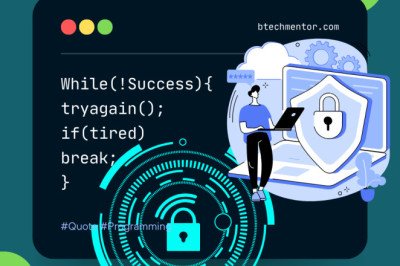

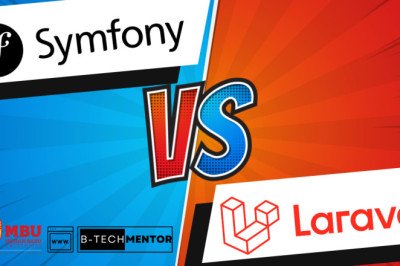
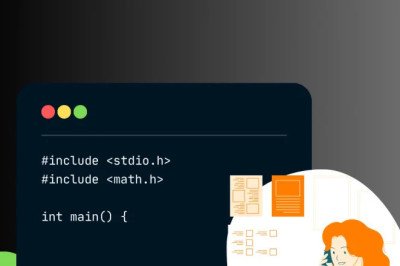
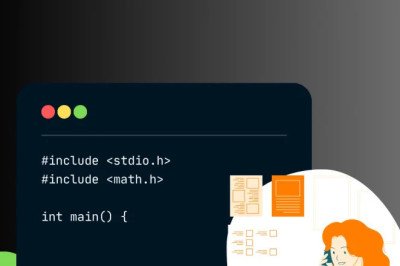
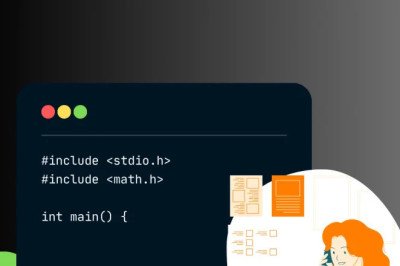
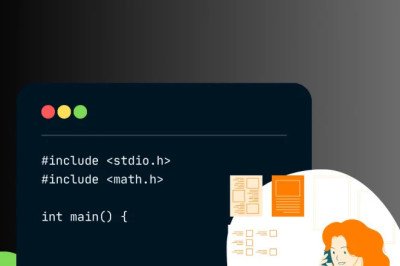
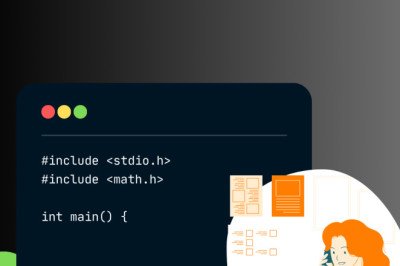

Comments
0 comment